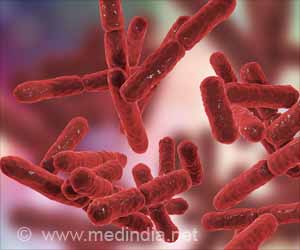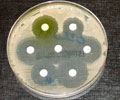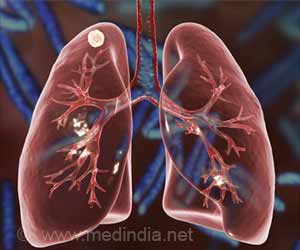Simple, inexpensive molecules show efficacy against strains of bacteria causing meningitis and gonorrhea.

‘Simple, inexpensive molecules show efficacy against strains of bacteria causing meningitis and gonorrhea. This can significantly contribute to efficient therapeutics against antibiotic resistance.’





The rising resistance against antibiotics among the several strains of bacteria is an issue of concern, as highlighted in the “World Antimicrobial Awareness Week” by WHO. Among several bacteria, Neisseria has rapidly evolving intrinsic properties to acquire resistance against many antibiotics. This necessitates the need to develop unique ways of fighting against these bacteria. Antibiotic resistance:
To overcome this, the research team explored the efficacy of a simple molecule against these Neisseria strains. "We noticed that the molecule only affects pathogenic Neisseria. It does not affect other types of Neisseria that are found in the upper respiratory system and can be beneficial", says Professor Frédéric Veyrier, also the scientific manager of the Platform for Characterization of Biological and Synthetic Nano vehicles.
Certain strains of bacteria showed less sensitivity to the treatment but the striking factor was that these strains had also lost their virulence – the ability to damage host cells. The exact mechanism behind the specific efficacy of this molecule against two types of Neisseria remains obscured.
However, the study enhances the idea of understanding the virulence of different strains of bacteria. The team strives to conduct further research in modifying the structure of the new molecule efficiently for future therapeutics.
Advertisement















